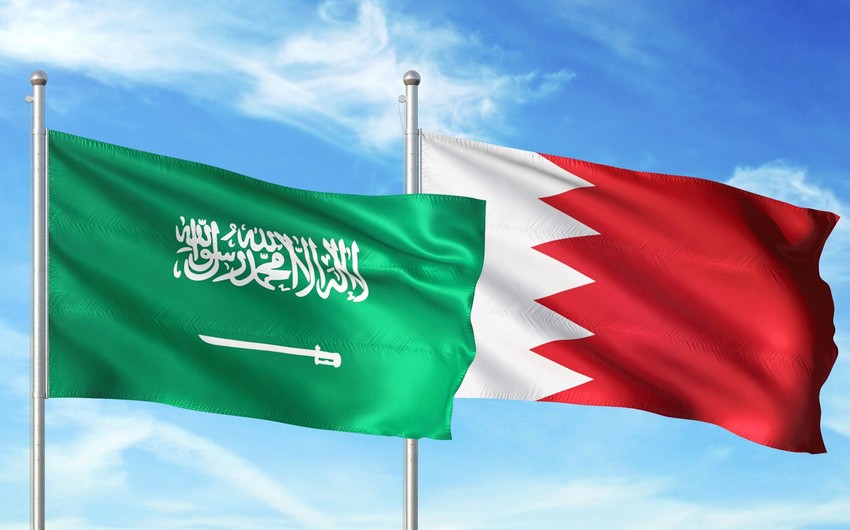Saudi Arabia and Qatar are nearing a preliminary deal to end a rift that’s dragged on for more than three years, prodded by a Trump administration seeking foreign policy wins during its waning days in the , three people with knowledge of the talks said.
The agreement does not involve the three other Arab countries that also severed diplomatic and trade ties with Qatar in June 2017 -- the United Arab Emirates, Bahrain, and Egypt. A fourth person said a broader realignment remained a long way off as the underlying issues, such as Doha’s relations with Tehran, remained unresolved.
The potential breakthrough follows months of intense diplomacy mediated by Kuwait, which reached fruition with a final push from President Donald Trump’s son-in-law and Middle East envoy Jared Kushner, who visited the Gulf this week. The rapprochement is likely to include reopening air space, and land borders, an end to the information war Qatar and Saudi Arabia have waged. Other confidence-building steps as part of a detailed plan to gradually rebuild relations, two of the people said.
Asked about a potential breakthrough, a Qatari government representative declined to comment. There was no immediate comment from Saudi Arabia.
Saudi Arabia and the UAE were the driving force behind the boycott, which divided the world’s top oil-producing region, rerouting air traffic and disrupting trade and business. The UAE has been more reluctant to patch up its ties with Qatar, however, preferring to focus on building its nascent ties with Israel while carefully avoiding any escalation with Iran, diplomats and analysts said.
In contrast, Saudi Arabia is concerned the incoming Biden administration will exert less pressure on Iran than Trump, leaving its oil facilities more exposed, they said, and is increasingly at odds with its ally over policy.
Driving that re-evaluation were the economic hardships dealt by the coronavirus pandemic and Trump’s failure to provide military cover after an attack last year on a significant crude processing complex deep inside Saudi territory.
“The shock of the attacks, and the lack of an overt U.S. response to them, led to an overdue reassessment that the real threat to Saudi security came not from Doha but other actors in the region,” said Kristian Ulrichsen, Middle East fellow at ’s Baker Institute for Public Policy.”


 https://static.report.az/photo/0943dc78-9bd1-3201-9edd-8021c0f7567c.jpg
https://static.report.az/photo/0943dc78-9bd1-3201-9edd-8021c0f7567c.jpg

